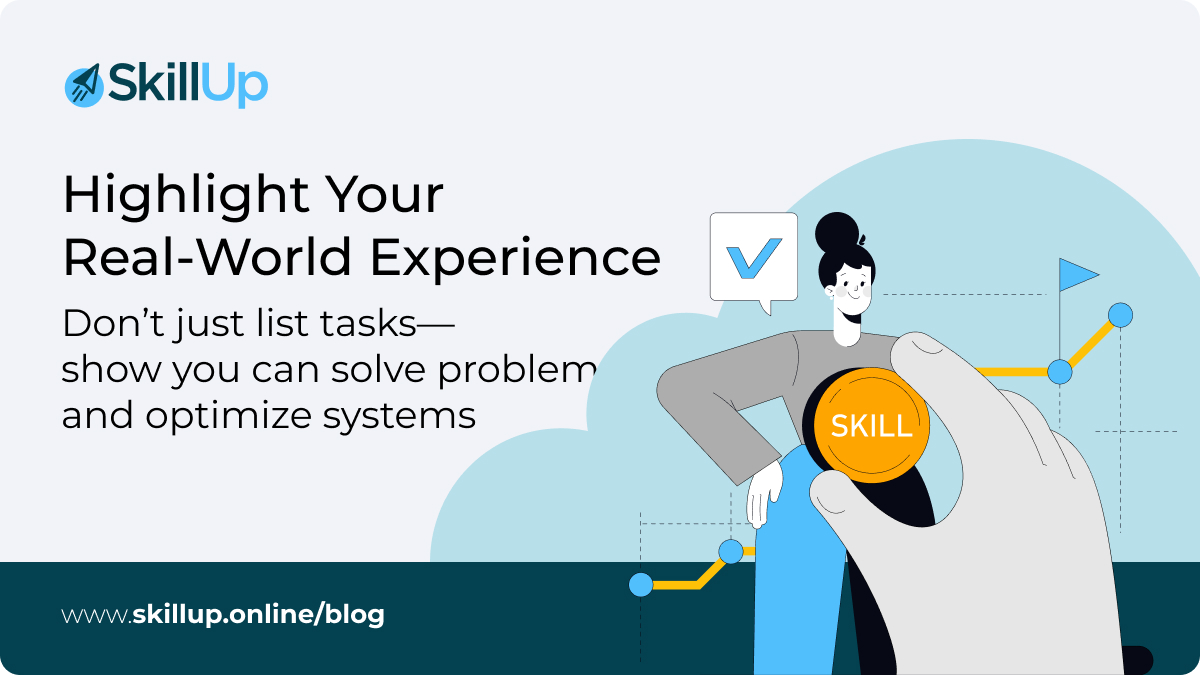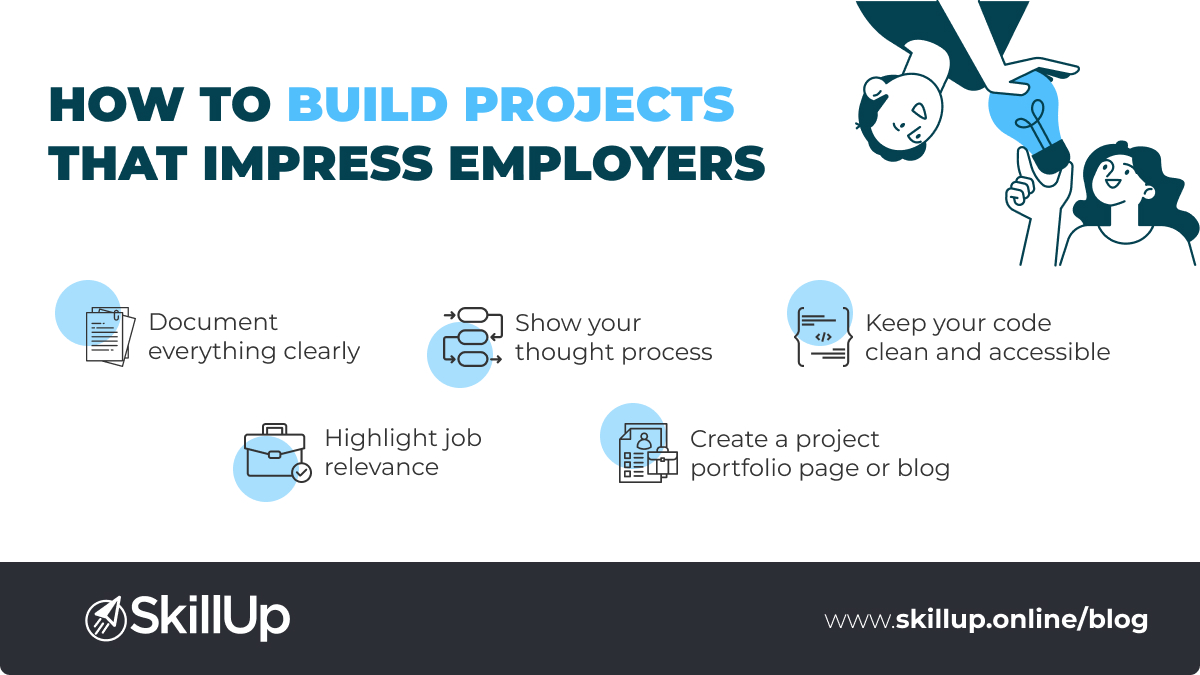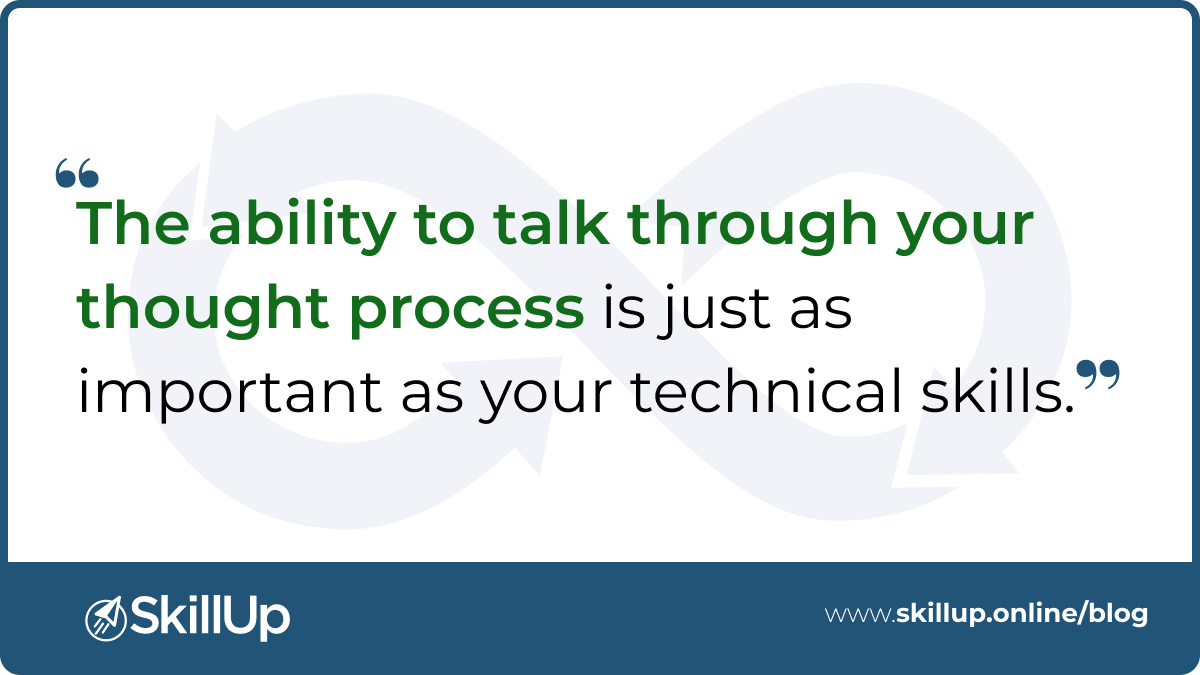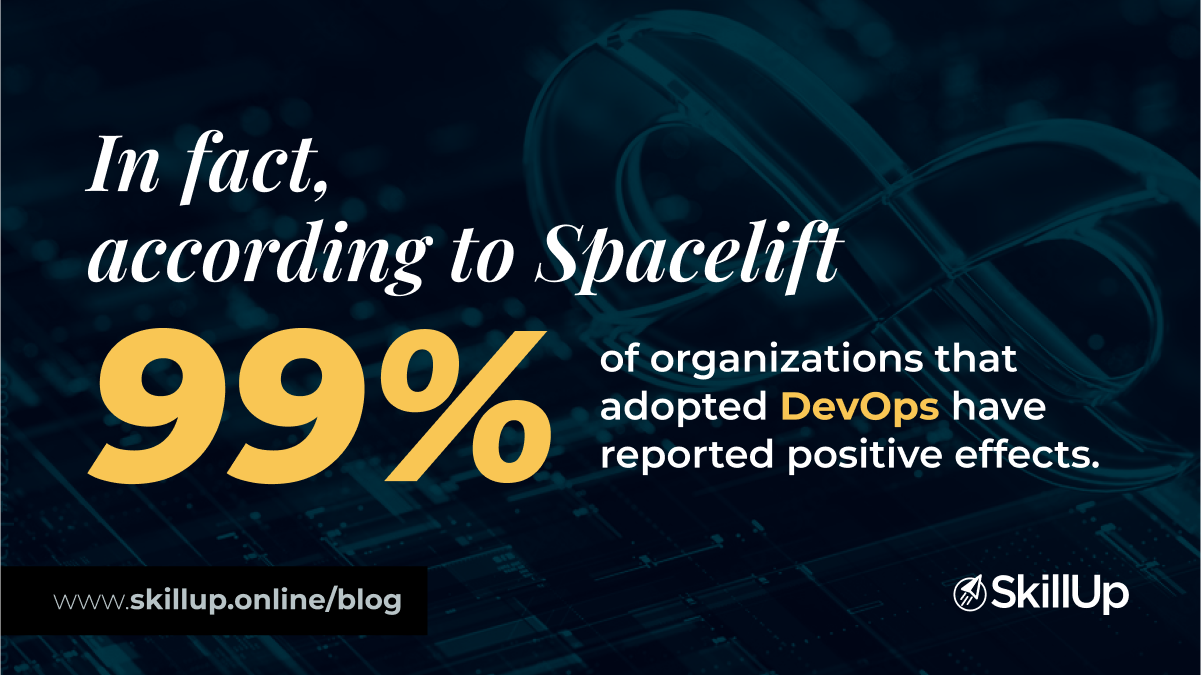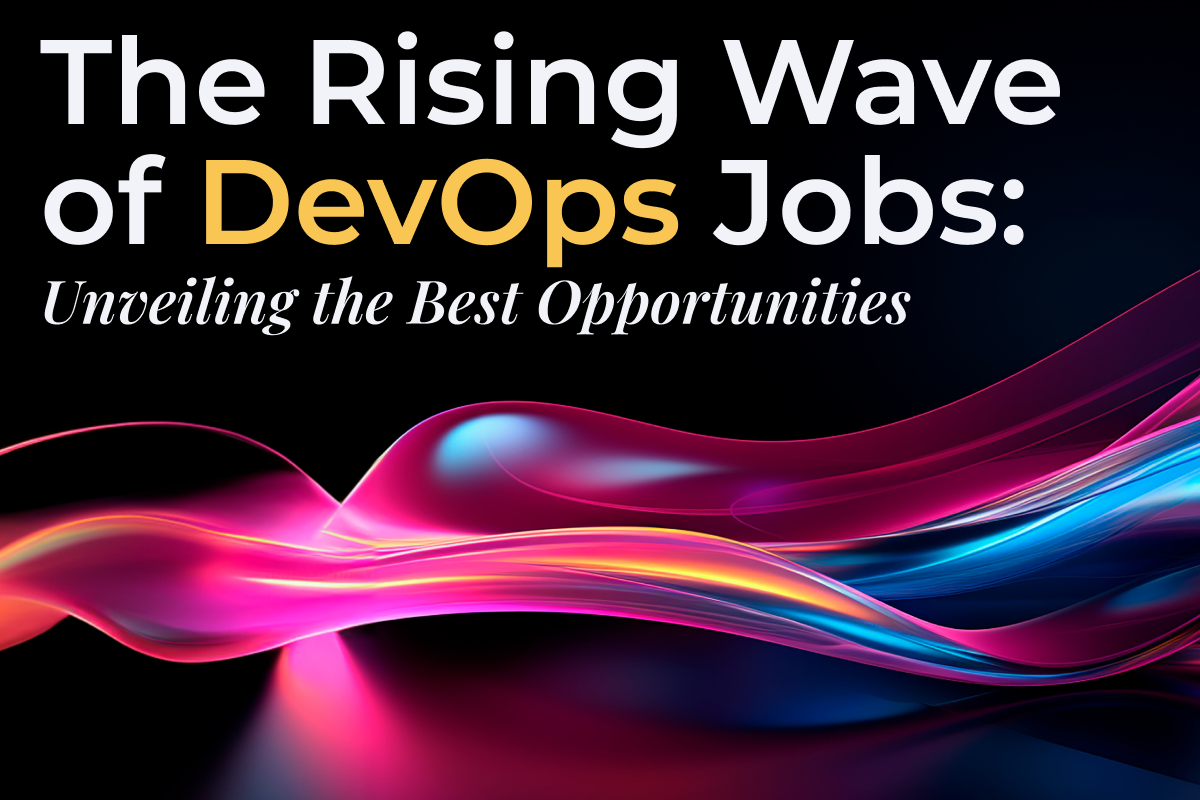DevOps and cloud engineering are at the heart of today’s tech operations—and the demand is only growing. With salaries averaging over $125,000 and roles spanning automation, CI/CD, infrastructure-as-code, and site reliability, companies are constantly looking for professionals who can deliver reliable systems at scale.
But even with hands-on experience or solid training, your resume needs to prove you’re job-ready. It has to stand out in a sea of applicants, speak to real-world impact, and pass through applicant tracking systems (ATS) that filter out weaker applications before a human even sees them.
If you’re ready to land your first DevOps role or take the next step these 8 resume strategies can give you a competitive edge.
1. Craft a Sharp, DevOps-Focused Summary
Your resume summary is the first thing recruiters notice. Skip the generic profile and zero in on your DevOps expertise and value to a team.
Example:
DevOps Engineer skilled in automating infrastructure with Terraform and Ansible, managing CI/CD pipelines with Jenkins and GitHub Actions, and monitoring systems with Prometheus and Grafana. Proven track record deploying containerized applications on AWS and reducing downtime through proactive SRE practices.
2. Showcase the Tools That Matter in DevOps
Recruiters and ATS systems are looking for role-relevant keywords make them impossible to miss by clearly listing your technical and soft skills.
Key Technical Skills:
- CI/CD: Jenkins, GitLab CI, GitHub Actions
- Configuration management: Ansible, Puppet, Chef
- Containers: Docker, Kubernetes
- Cloud platforms: AWS, Azure, GCP
- IaC: Terraform, CloudFormation
- Monitoring: Prometheus, Grafana, ELK Stack
- Scripting: Bash, Python
Soft Skills:
- Incident response
- Collaboration & communication
- Problem-solving under pressure
- Process improvement
To know more read our detail article on Top Ten Skills to Become a DevOps Engineer
3. Highlight Real-World Experience That Shows You’re Ready
Don’t just list tasks highlight the impact of your work. Whether through professional experience or portfolio projects, show you can solve problems and optimize systems in the real world.
Professional Experience Example:
DevOps Engineer | CloudCore Systems | 2022–Present
- Automated infrastructure provisioning using Terraform, reducing deployment time by 60%
- Designed and maintained CI/CD pipelines in GitLab CI for 15+ microservices
- Migrated legacy apps to Kubernetes on AWS, improving scalability and system uptime
Portfolio Project Example:
CI/CD Pipeline for a Node.js App
- Built a complete pipeline using GitHub Actions and Docker to automate testing, building, and deployment
- Integrated with Slack for real-time status alerts
- Deployed to AWS ECS using Terraform modules
4. Quantify Your Achievements
Recruiters notice metrics. Show how your work created tangible results faster deployments, reduced downtime, improved system reliability, or cost savings.
Examples:
- Reduced system outages by 40% through proactive monitoring
- Cut deployment times from 30 minutes to under 5 with automated pipelines
- Saved $10K/year by optimizing cloud usage with spot instances
5. List Certifications That Show You’re Serious
DevOps Certifications show hiring teams that you’ve put in the time to build real expertise and that you’re committed to staying current in a fast-moving field.
Examples include:
- TechMaster Certificate in DevOps & Cloud Automation at SkillUp
- Recognized cloud platform certifications
- Industry-standard Kubernetes credentials
- DevOps engineer certifications from leading tech providers
6. Make Your Resume ATS-Friendly
Even the best experience won’t help if your resume gets filtered out. Beat the bots with clean formatting and keyword-rich content.
Tips:
- Use standard headings: “Experience,” “Skills,” “Projects,” etc.
- Avoid complex layouts or graphics
- Include relevant keywords from job listings
7. Customize for Every Role
Tailor your resume to each job you apply for. That means more than swapping job titles really align your resume with what that employer needs.
How to tailor:
- Mirror the language used in the job description
- Prioritize experience with tools listed in the job post
- Highlight projects that solve similar challenges
8. Link to GitHub, LinkedIn & Public Work
A strong online presence helps back up your resume. Employers often check GitHub for recent commits and LinkedIn for endorsements and career history.
What to include:
- GitHub: Infrastructure-as-code repos, CI/CD pipelines, Dockerfiles, etc.
- LinkedIn: Updated roles, certifications, and DevOps-focused posts or shares
- Bonus: A blog or portfolio site with technical writeups
Final Thoughts
A standout DevOps resume doesn’t just show that you know the tools it proves you know how to use them in ways that matter to teams and systems. When you back up your skills with projects, metrics, and relevant keywords, you’ll give yourself the best shot at landing interviews and breaking into this fast-moving, high-impact field.
Want to fast-track your way into DevOps?
SkillUp’s TechMaster Certificate in DevOps & Cloud Automation gives you job-ready experience, one-on-one mentorship, and hands-on training with the tools employers care about most.
Build a resume that turns heads explore how SkillUp can help you launch your DevOps career.
SkillUp Online

